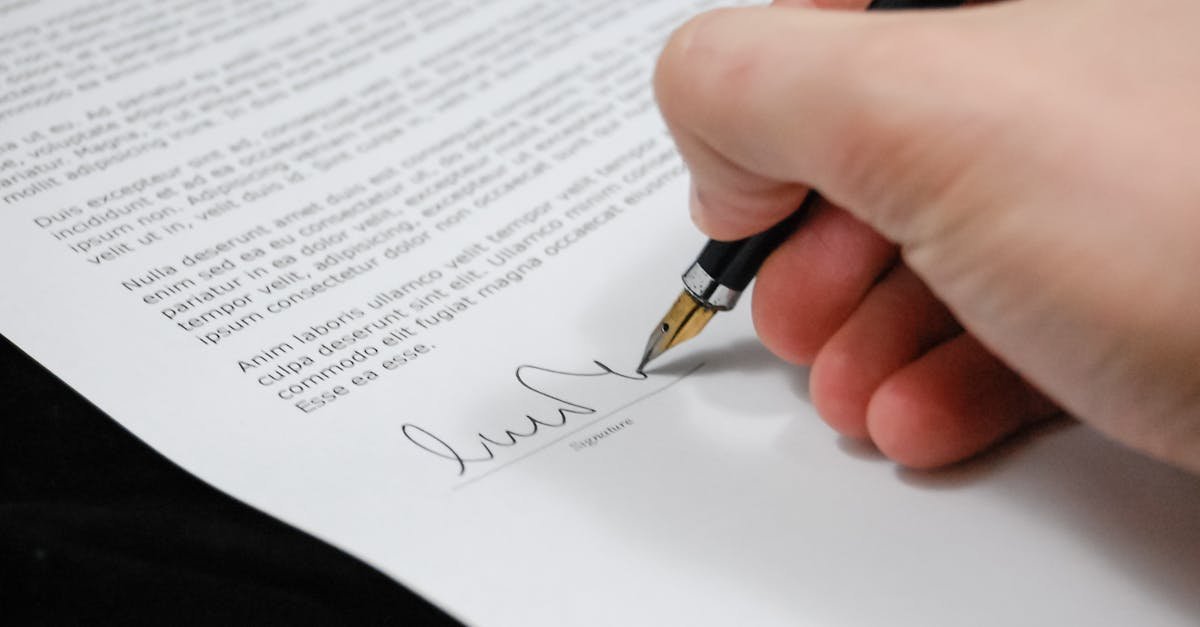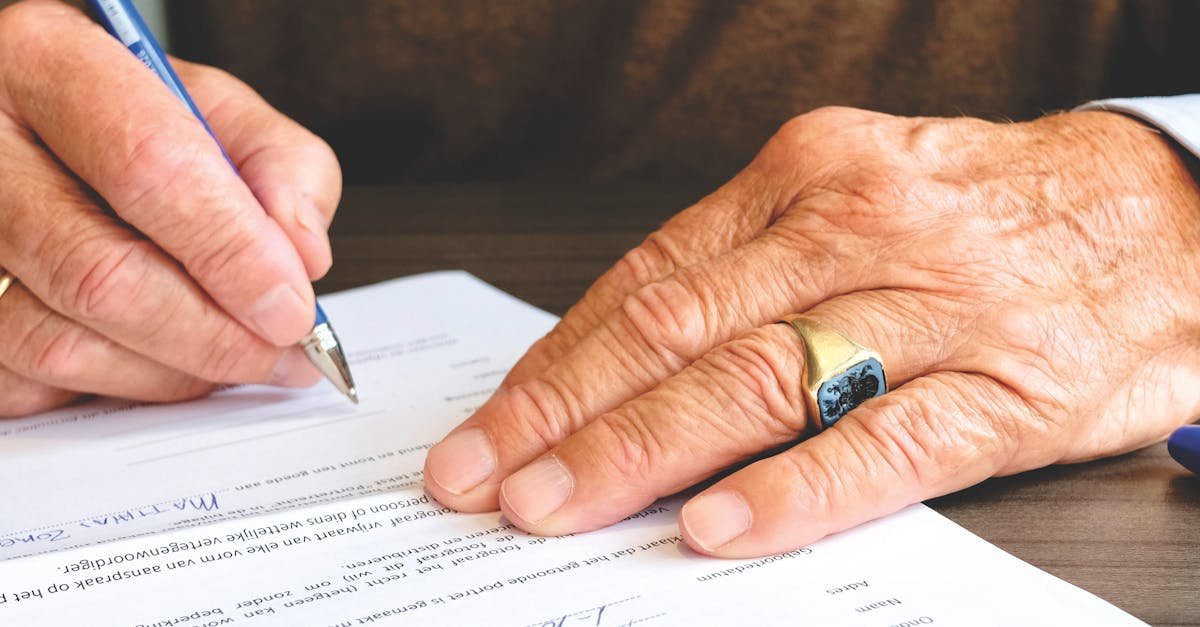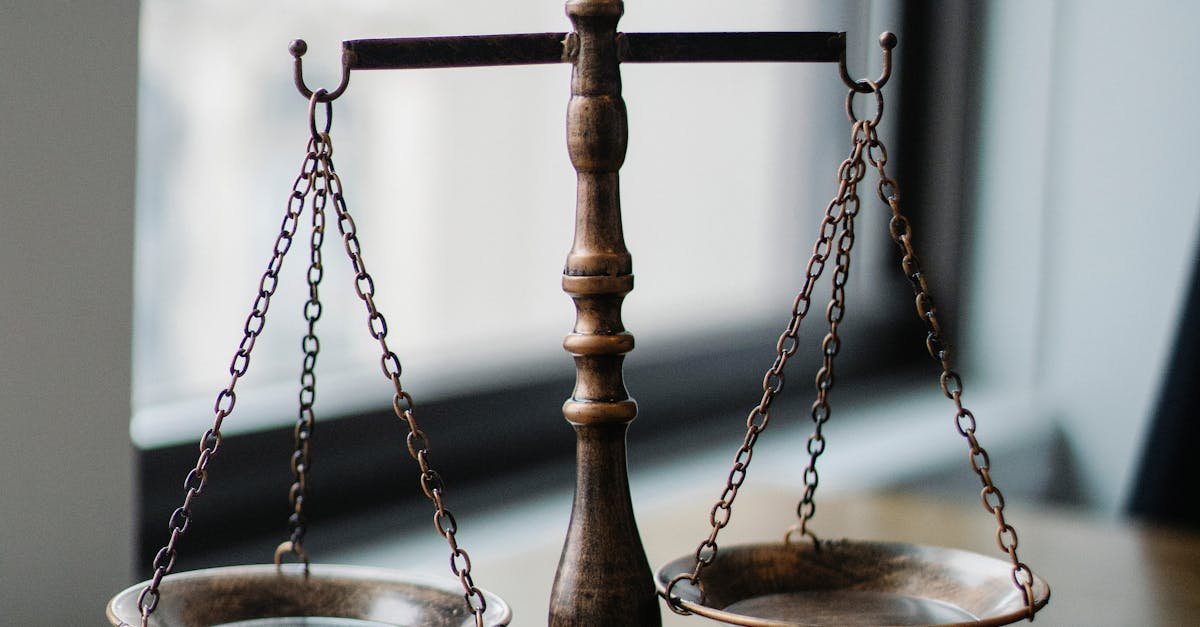
At Injury Katy, we understand that auto accidents can be life-changing events, resulting in physical, emotional, and financial burdens. Our dedicated team of auto accident lawyers is here to provide compassionate and experienced legal representation to help you navigate the complexities of personal injury claims. We are committed to fighting for your rights and ensuring that you receive the compensation you deserve for medical bills, lost wages, and pain and suffering. With a thorough understanding of local laws and regulations, Injury Katy is prepared to tackle even the most challenging cases, allowing you to focus on healing while we handle the legal intricacies on your behalf. Your recovery is our priority, and we’re here to support you every step of the way.
The Importance of Gathering Evidence
Collecting evidence is pivotal for building a strong case in the aftermath of an auto accident. The quality and quantity of evidence can significantly influence the outcome of a legal claim. Detailed documentation can support your version of events and establish liability. Without solid evidence, proving fault and recovering damages may become challenging. This underscores the necessity of gathering all pertinent information immediately following an accident.
Photographs, witness statements, and police reports serve as essential components of this evidence collection process. Capturing the scene of the accident, vehicle damage, and any relevant road conditions helps create a comprehensive account of the incident. Additionally, eyewitness accounts can provide crucial insight into what transpired. Establishing a clear narrative through collected evidence will support your claim and facilitate a more favorable resolution in negotiations or court.
Types of Evidence That Strengthen Your Case
Collecting robust evidence can significantly impact the outcome of an auto accident case. Police reports serve as official documentation outlining the details of the accident, including accounts from witnesses and involved parties. Photographs of the accident scene, vehicle damage, and injuries are vital in illustrating the circumstances surrounding the incident. Any video footage, whether from surveillance cameras or dashcams, can provide crucial visual evidence that helps clarify the events leading up to the accident.
Witness statements also play a critical role in corroborating your narrative. Documentation of medical records detailing injuries sustained in the accident is essential for establishing the severity and impact of the injuries. Additionally, financial records reflecting lost wages or medical expenses can support claims for compensation. A thorough compilation of evidence not only strengthens your case but also aids in negotiating with insurance companies effectively.
How Negligence Affects Your Case
Negligence plays a crucial role in determining the outcome of an auto accident case. When establishing liability, the focus often turns to whether a driver acted with reasonable care. This involves examining the actions that led to the accident and assessing if those actions were appropriate based on the circumstances. If a driver fails to adhere to traffic laws, engages in distracted driving, or operates a vehicle under the influence, their negligence can significantly strengthen a claim against them.
Different forms of negligence can influence the complexity of your case. Contributory negligence may arise if the injured party is found to have played a role in causing the accident, which could reduce their potential recovery. Comparative negligence allows for the apportioning of fault between parties, affecting compensation amounts. Understanding how these legal principles apply is essential for building a strong case and maximizing potential compensation for damages incurred during the accident.
Understanding Different Forms of Negligence
Negligence in auto accidents can manifest in several ways. One common type is driver negligence, which includes behaviors like distracted driving, speeding, or driving under the influence of alcohol or drugs. When a driver fails to exercise reasonable care while operating a vehicle, they can be held liable for any resulting damages. This form of negligence often forms the foundation of personal injury claims after an accident.
Another category is vicarious liability, which often applies in cases involving commercial vehicles. Employers can be held responsible for the negligent actions of their employees while they are performing job-related duties. This means that if a delivery driver causes an accident while driving for work, the employer may share liability for the injuries sustained. Understanding these distinctions in negligence is crucial for establishing fault and securing appropriate compensation in an auto accident lawsuit.
Potential Damages in Auto Accident Lawsuits
When involved in an auto accident, victims often face a range of expenses and losses. These may include medical bills, property damage, lost wages, and long-term rehabilitation costs. Additionally, victims might experience pain and suffering due to the emotional and physical toll the accident takes. Understanding the extent of these damages is essential for pursuing a compensation claim.
Compensation in auto accident lawsuits can be categorized into economic and non-economic damages. Economic damages are quantifiable expenses, such as medical expenses, repair costs, and lost income. Non-economic damages capture more subjective losses, including pain and suffering, emotional distress, and loss of enjoyment of life. Each case is unique, so the amount of compensation can vary significantly based on the specifics of the accident and its impact on the victim’s life.
Categories of Compensation Available
After an auto accident, victims may seek several types of compensation to address their financial losses and emotional suffering. Medical expenses often represent a significant portion of the damages claimed, covering everything from emergency care to rehabilitation services. Lost wages can also be included, accounting for the time missed from work or reduced earning capacity resulting from injuries.
In addition to economic damages, compensatory claims may encompass non-economic damages such as pain and suffering, emotional distress, and loss of enjoyment of life. These intangible losses can significantly impact a victim’s quality of life and are often more challenging to quantify. Punitive damages may also come into play under certain circumstances, aimed at deterring egregious behavior by the responsible party. Each case varies, and legal professionals can help assess which categories of compensation apply based on the specific circumstances involved.
FAQS
Why is gathering evidence crucial after an auto accident?
Gathering evidence is essential because it helps establish the facts of the case, proving liability and supporting your claims for compensation. This evidence can include photos, witness statements, police reports, and medical records.
What types of evidence can strengthen my auto accident case?
Types of evidence that can strengthen your case include photographs of the accident scene, video footage, witness testimonies, police reports, medical records, and documentation of any damages to your vehicle.
How does negligence impact my auto accident lawsuit?
Negligence is a key factor in auto accident lawsuits, as it determines who is at fault for the accident. If the other party is found to be negligent, it can significantly affect your ability to recover damages.
What are some common forms of negligence in auto accidents?
Common forms of negligence include distracted driving, speeding, driving under the influence, failing to obey traffic signals, and reckless driving. Each of these can contribute to an accident and can be used to establish fault.
What potential damages can I claim in an auto accident lawsuit?
Potential damages in an auto accident lawsuit can include medical expenses, lost wages, property damage, pain and suffering, and emotional distress. The exact compensation available will depend on the specifics of your case.





